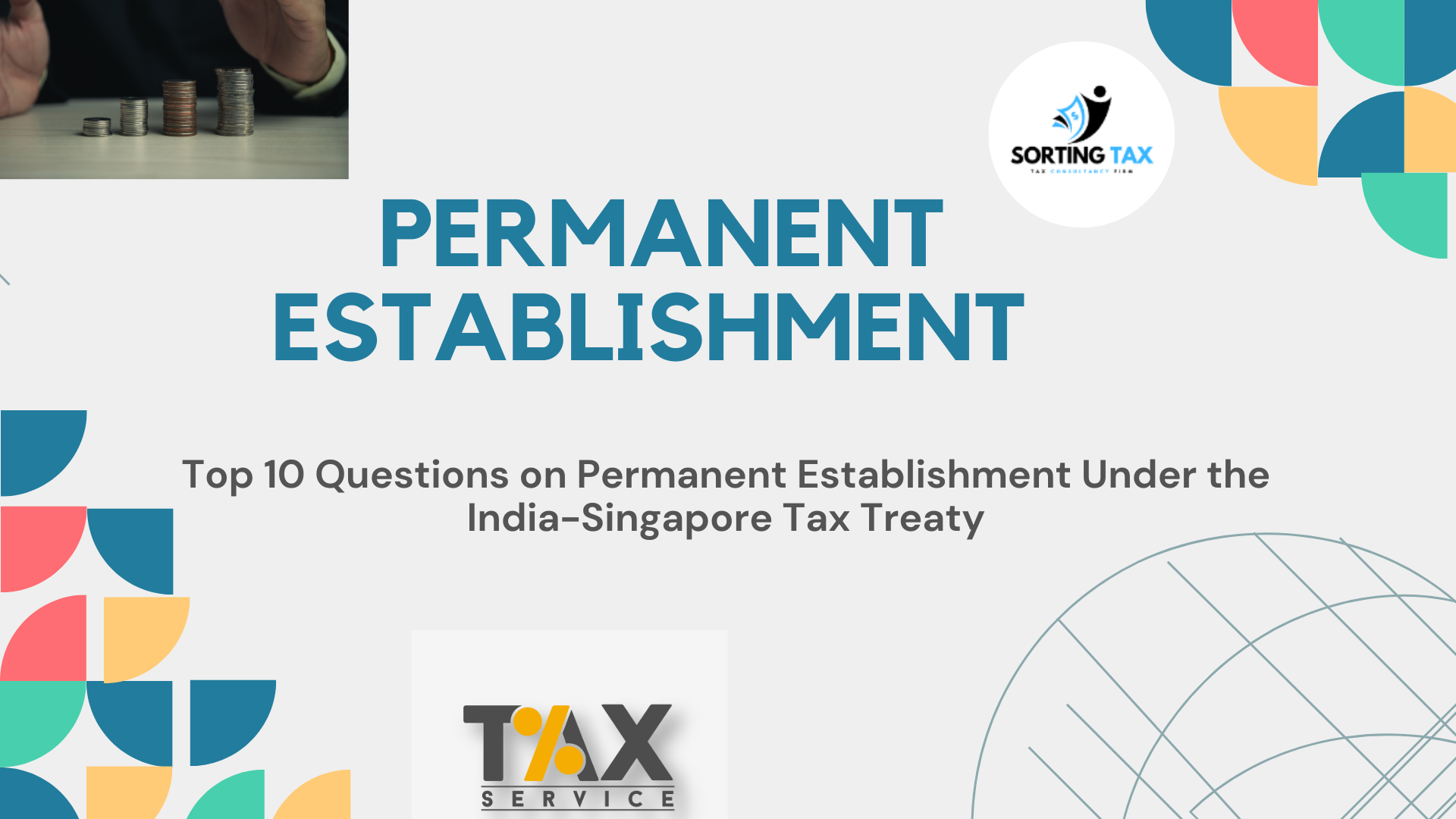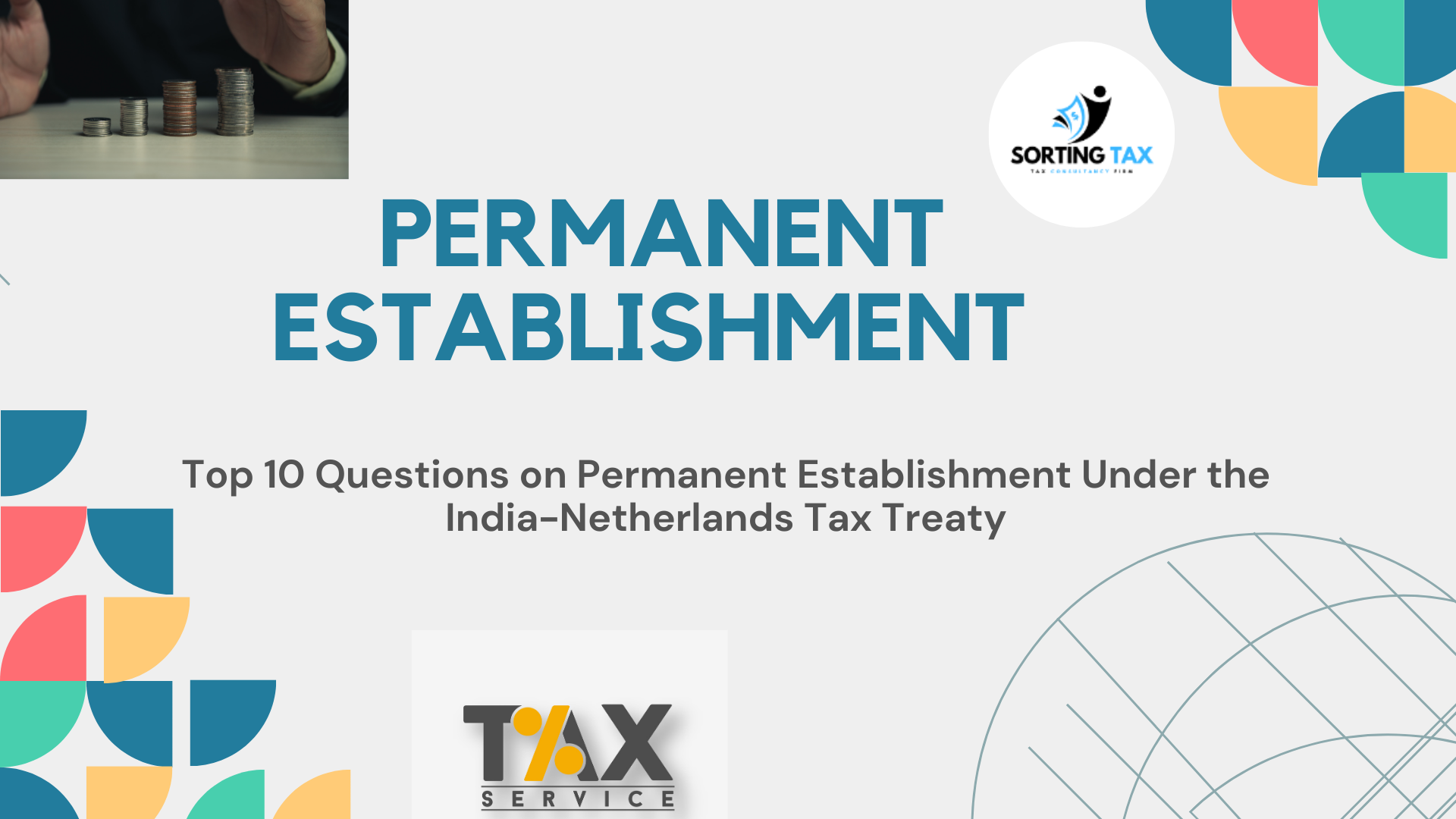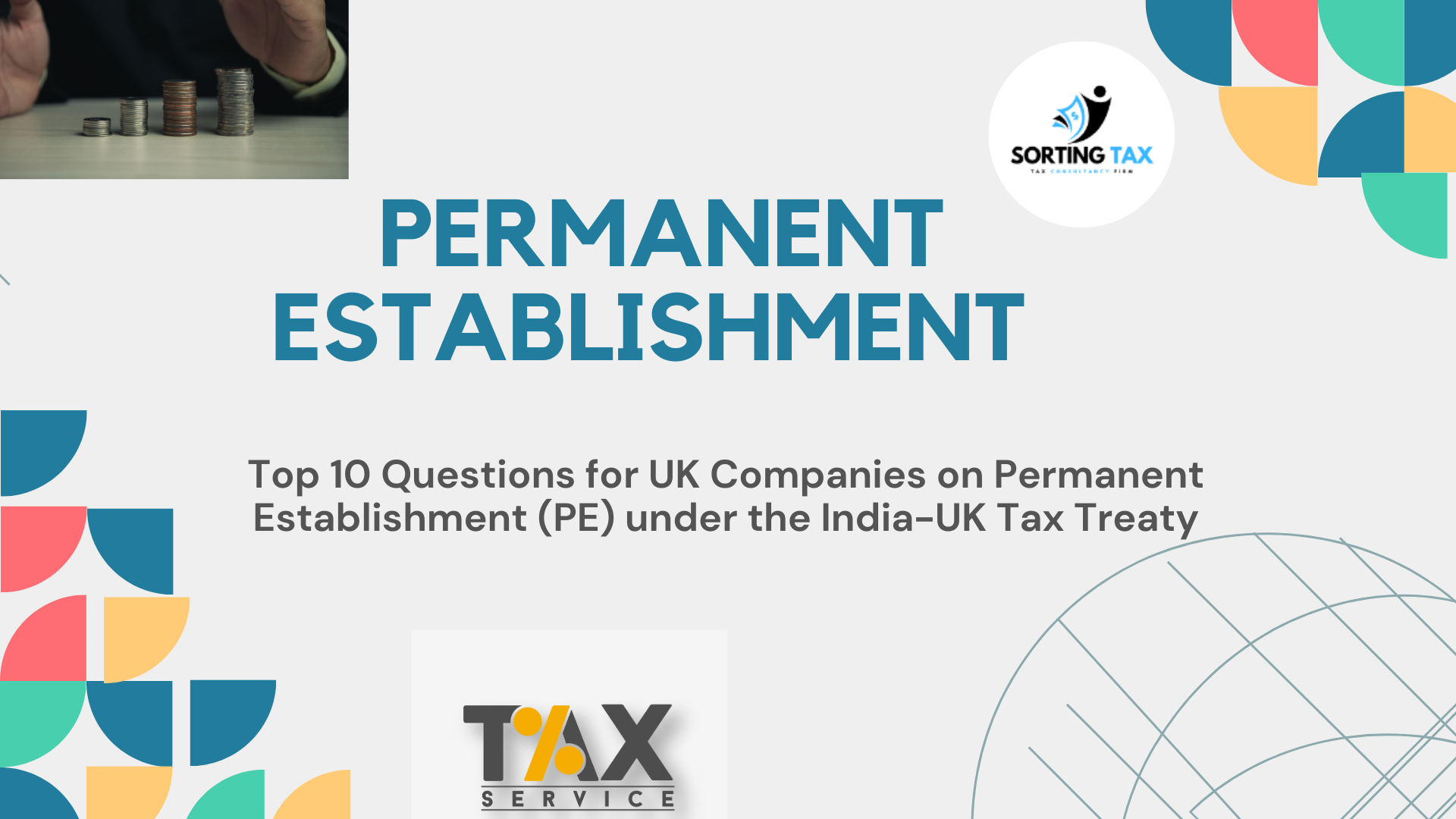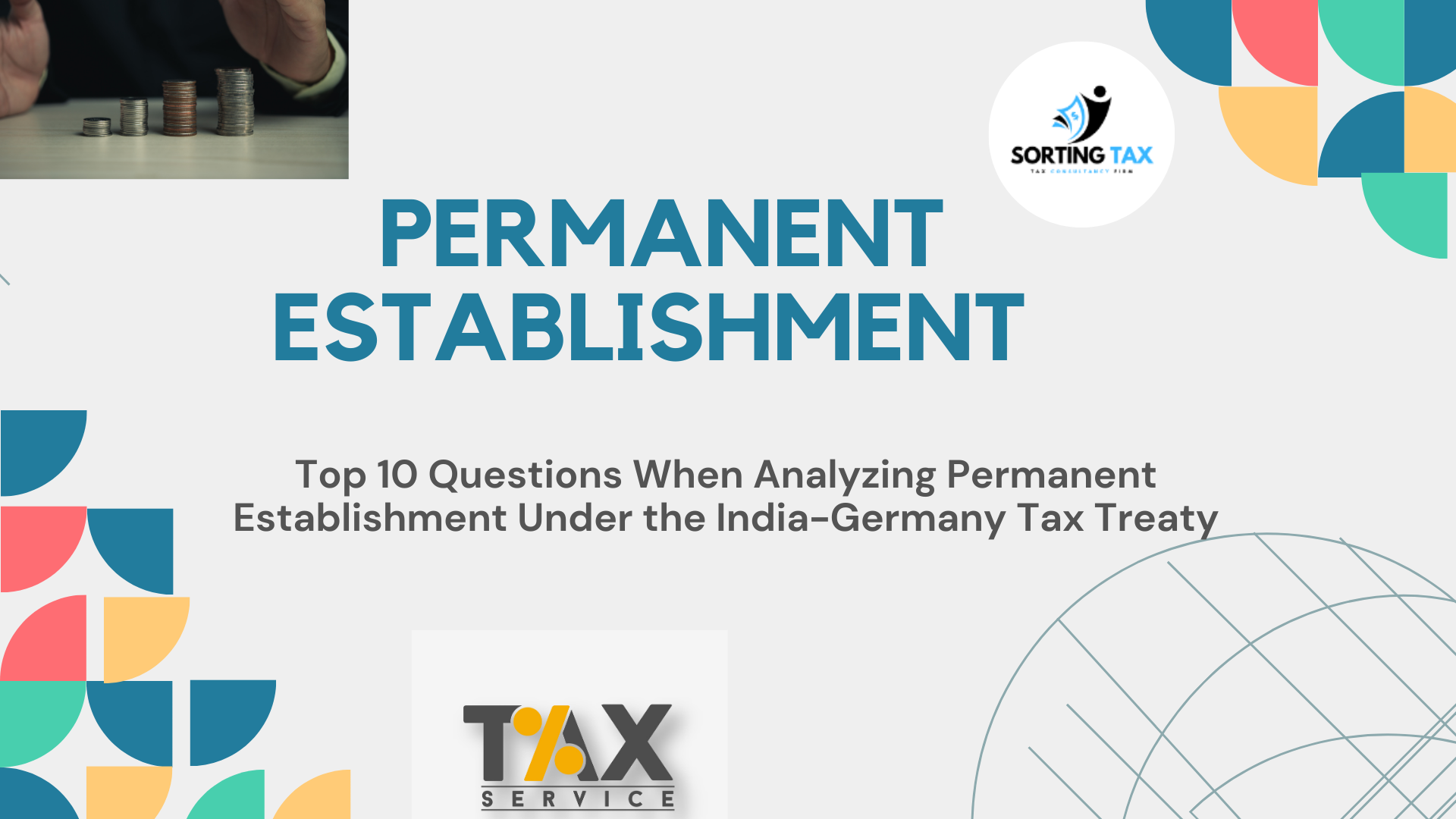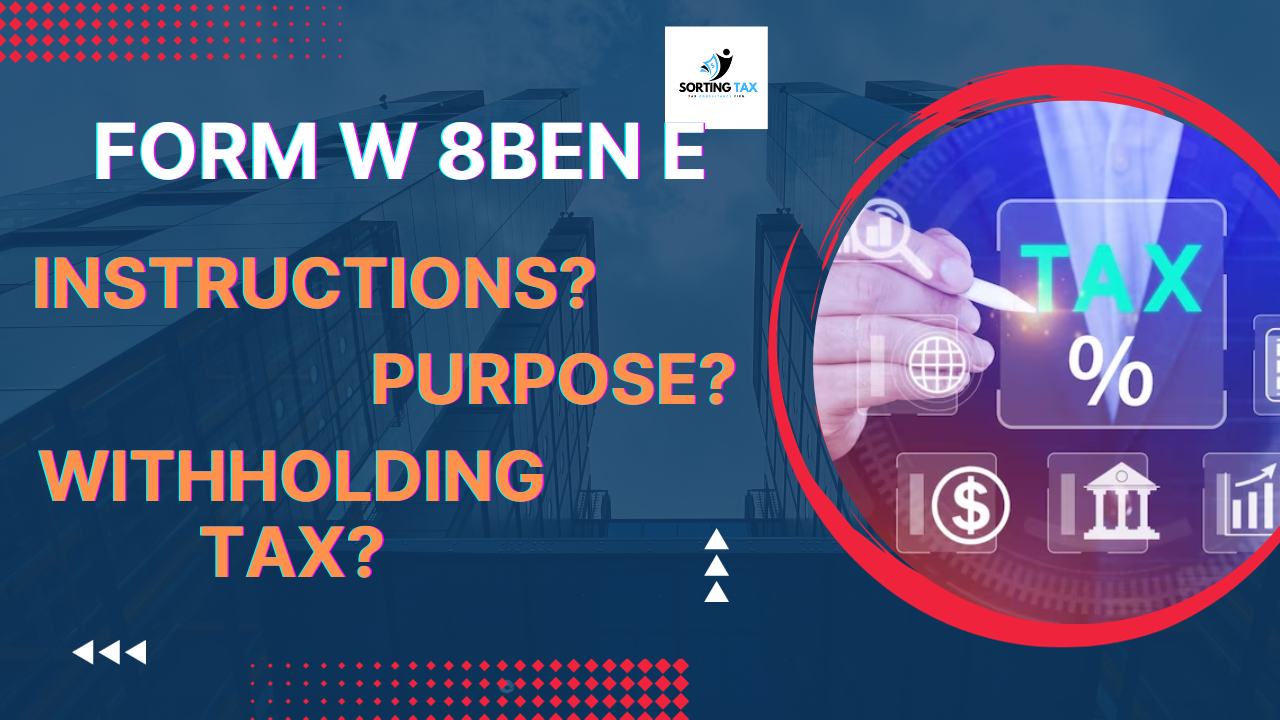For companies based in Singapore looking to expand or operate in India, understanding the Permanent Establishment (PE) concept under the India-Singapore Double Taxation Avoidance Agreement (DTAA) is crucial. PE determines whether the Indian tax authorities can tax a portion of the Singaporean company’s profits. Below are the top 10 frequently asked questions regarding PE, with answers that provide a practical guide for businesses navigating this complex tax issue.
What is a Permanent Establishment (PE) under the India-Singapore Treaty?
Under the treaty, a PE is defined as a fixed place of business through which the business of the enterprise is wholly or partly carried on. This includes locations like offices, branches, and factories. If a Singapore company maintains such a fixed place in India, it would likely trigger a PE, subjecting it to Indian tax on profits attributed to the PE.
Does a Singapore company operating through an office in India create a PE?
Yes, an office constitutes a PE under Article 5(2)(c) of the treaty. If the Singapore company operates through an office in India, the Indian tax authorities will treat this as a PE, and the company will be taxed on the income attributable to that office.
Will a short-term construction project in India lead to a PE?
A construction, installation, or assembly project in India constitutes a PE only if it lasts more than 183 days within a fiscal year. If a Singapore company is involved in such a project but the duration is less than 183 days, no PE is created.
Can a Singapore company providing services in India for over 90 days create a PE?
Yes, if the services are provided through employees or personnel for more than 90 days in a fiscal year, a PE is created under Article 5(6)(a). In this case, the Singapore company will be liable to pay taxes in India on the profits attributable to those services.
What about agents in India? Can they create a PE?
If a Singapore company operates through a dependent agent in India who has the authority to conclude contracts on its behalf, a PE is triggered (Article 5(8)(a)). An independent agent acting in the ordinary course of their business will not create a PE unless their activities are devoted almost wholly to the Singapore company.
Need assistance determining whether your agent arrangement creates a PE? Contact Sorting Tax Advisory.
Does storing goods in India lead to a PE?
Simply storing goods in India for the purpose of display, storage, or delivery does not create a PE under Article 5(7)(a). However, if the Singapore company maintains a fixed place of business for any other purpose through which business is carried on, it could constitute a PE.
If a Singapore company subcontracts work to an Indian entity, does it create a PE?
No, subcontracting work to an Indian entity alone does not create a PE. However, if the Singapore company exercises control over the subcontractor’s activities or maintains personnel in India for supervisory roles that exceed 183 days, a PE may be established under Article 5(4).
Can supervisory activities create a PE in India?
Yes, if supervisory activities related to a building or installation project exceed 183 days in a fiscal year, the Singapore company will have a PE in India as per Article 5(4).
Unsure about your company’s supervisory activities in India? Contact Sorting Tax Advisory for clarification.
What is the impact of preparatory or auxiliary activities on PE?
Under Article 5(7)(e), preparatory or auxiliary activities, such as collecting information or advertising, do not create a PE. These activities are considered ancillary to the main business and are exempt, provided they are the only activities conducted in India.
Can a subsidiary in India create a PE for its Singapore parent company?
Merely controlling or being controlled by an Indian subsidiary does not automatically create a PE for the Singapore parent company, as per Article 5(10). However, if the subsidiary acts as a dependent agent or carries out business on behalf of the parent, it could trigger a PE.
Need to analyze your company’s structure for PE risk? Get expert advice from Sorting Tax Advisory.
Conclusion:
The concept of PE under the India-Singapore treaty is nuanced, and businesses must carefully assess their operations in India. Whether it’s through physical offices, services, or agents, creating a PE can have significant tax implications. To ensure compliance and avoid unexpected tax liabilities, it’s essential to consult with a professional.
For tailored tax solutions, reach out to Sorting Tax Advisory.
Check out our Other Article on Permanent Establishment :- https://sortingtax.com/top-10-questions…lands-tax-treaty/


